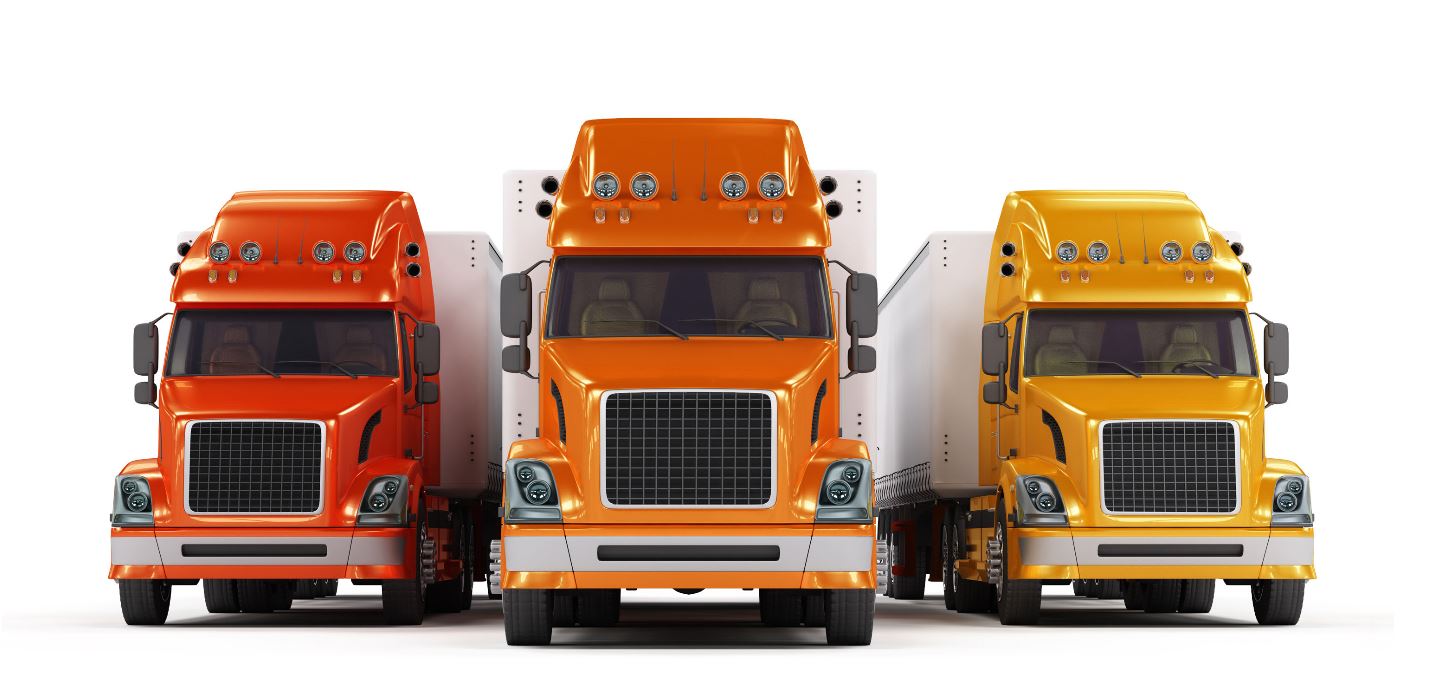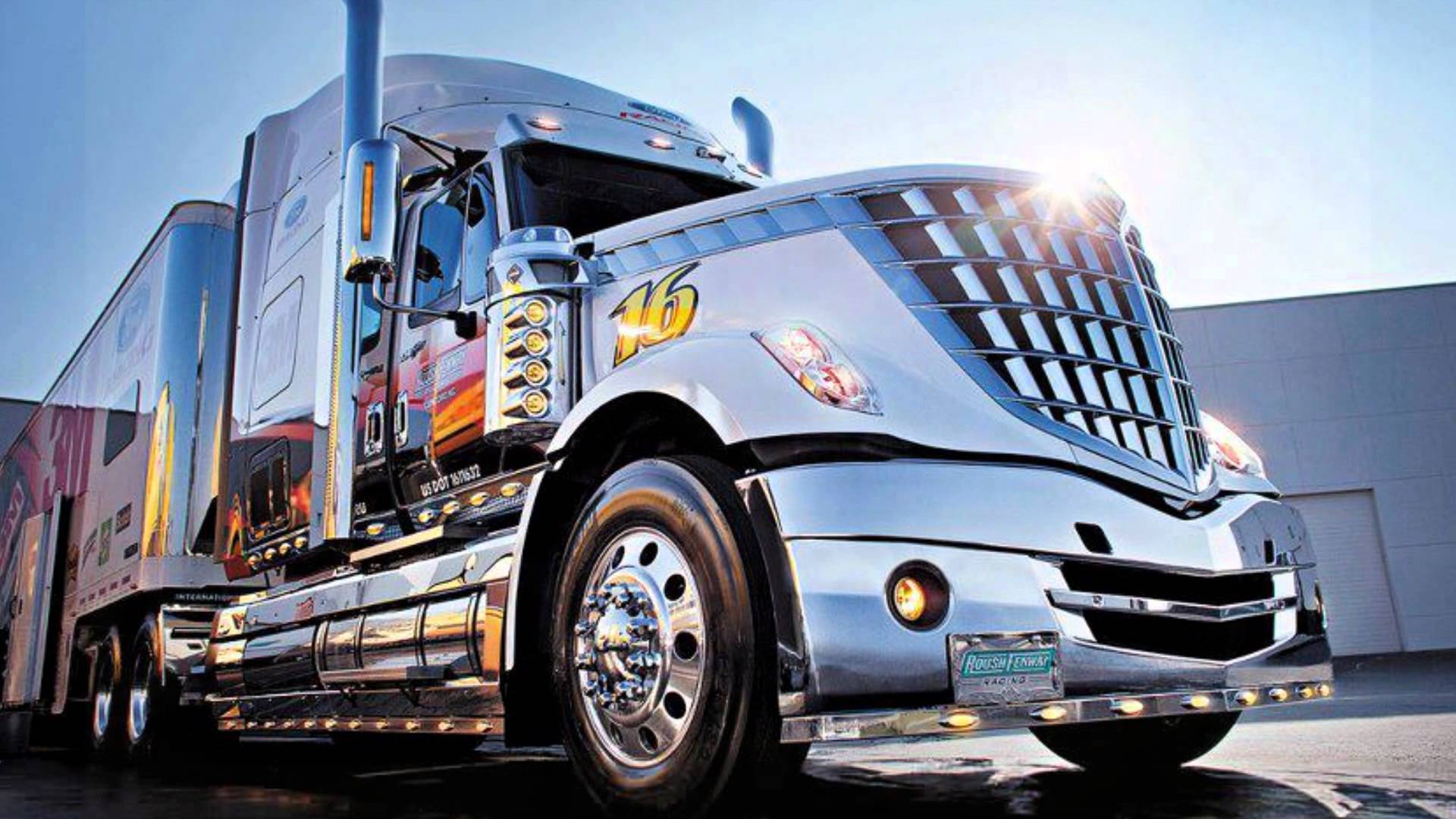Posted on June 30, 2017
18 Wheeler Insurance
It is no secret that 18 wheeler insurance does not come cheap owing to the considerable liability risks associated with the trucking business. For this reason, it is important to find an insurance firm that understands 18 wheelers and provide practical policies that meet specific requirements at a reasonable cost.
The cost of insuring a truck is determined by a wide variety of factors, including the type of cargo hauled, distances traveled, driving record and more. Average for-hire operators can pay up to $12,000 annually for commercial truck insurance.
Choosing the ideal insurance policy is crucial for protecting assets. A major accident can create substantial financial problems for an uninsured operator. Paying for the repairs out of one’s pocket is simply not an option. An accident has the capacity to decimate a trucking company. The right type of insurance eliminates the need to pay for medical bills and repairs. In addition, it provides much-needed protection against uninsured drivers.
Risks for truck drivers
Driver fatigue is one of the major risk factors associated with the trucking business. The sleep schedule is always changing and it is not easy to get adequate rest at truck stops and other public spaces. As a result, sleep deprivation may lead to poor concentration.
In some cases, hazardous road conditions create considerable risks. Many accidents are caused by drivers who keep moving in bad weather. The 18-wheeler monsters have inertia, which means they can cause a lot of damage in the event of a crash.
What determines the cost of a policy?
Insurance providers assess the level of risk associated with a particular operator and fleet based on wide-ranging factors. Higher level of perceived risk attracts higher premiums. Some of the key factors that determine cost include:
– Credit rating
– Driver’s age and gender
– Value of of the 18-wheeler
– Location and radius of operation
– Driving record and experience
In the United States, vehicles are required to have liability insurance. This is aimed at protecting both the insured and third parties. Truck operators can obtain licenses and permits after presenting liability insurance. On the other hand, bodily injury coverage is designed to pay for medical expenses resulting from the accident.
The policy covers medical bills for the injured up to a set limit per person. It also stipulates a maximum amount per accident under the Combine Single Limits (CSL). Property damage covers any damage to vehicles or property. This ensures that the property is either repaired or replaced. Physical damage insurance is particularly important to operators that lease trucks or have a lien of any kind. This option provides comprehensive coverage.
Specified Peril insurance offers protection in the event of specific hazards, such as fire. Coverage is only applicable to items specified on the policy. This means if an 18-wheeler is damaged by a falling tree and it is not listed on the policy, the insurer will not pay. Hence, the need to ensure coverage to risks associated with a particular route or cargo.
Posted on June 16, 2017
Truck or commercial truck insurance is one of the best assurances that a truck owner or operator has to ensure financial security when accidents occur. There a numerous insurance providers offering big rig commercial truck insurance for truck owners and fleet operators. Not sure if you should get this type of insurance? Read on before you decide.
Reasons to Choose Big Rig Insurance
Types of Commercial Truck Insurance
Trucking insurance companies offer the following types of coverage which are suitable for big rigs and commercial trucking fleets:
- –primary liability
- –physical damage
- –trucking cargo
- –occupational accidents
- –workers compensation insurance
- –general liability
What types of vehicles should be covered by big rig insurance?
This type of insurance offers suitable coverage for vehicles such as athlete buses, bookmobiles, bingo/ casino transportation, catering trucks, cement mixers, church and school buses, courier buses, dump buses, driver training vehicles, fire department vehicles, funeral hearses, grain haulers, moving trucks and vans, to name a few.
Who should get big rig insurance?
Big rig insurance is suitable for the following:
- –owners and operators of commercial trucking fleets–operators for local, intermediate and long-haul trucking operations
- –container hauling operators
- –agricultural haulers
- –operators of other specialized trucking services
Why Get Big Rig Insurance
Many states require insurance for all sorts of vehicles, including big rig vehicles. Risk managers also require for-hire truckers to have insurance before they can get a contract for a trucking job. Insurance such as general liability pays for any damage or injury sustained as a result of activities not directly related to the operation of the truck. General liability typical answers for any physical injury, property damage, advertising injury liability, and damage to rented premises.
Truckers may also be required to get trucking liability insurance to be allowed to stay on the road. This is the minimum insurance needed to be able to operate a big rig operation and is often the costliest aspect of any trucking insurance policy. This type of insurance will answer for any damage to persons or properties in the course of driving the truck. Amount of premiums will depend on the kind of truck and the cargo being transported. The minimum if $75,000, but mos shippers will require up to $1,000,000 worth of coverage. Haulers of hazardous materials such as gasoline and other dangerous chemicals may be required to carry up to $5,000,000.
You also need to be covered for other things that do not occur on the road. Damage to fire, theft, and other disasters require coverage which can be provided by comprehensive coverage.
Where to Get Big Rig Insurance
Get big rig insurance from companies that specialize in providing coverage to commercial vehicles and fleets. These companies are more likely to be able to give you wider options for coverage. Bigger insurance providers will likely assign you to a specialist who can analyze your business and recommend the best coverage options based on the evaluation. Most insurance providers also provide flexible coverage that you can covert or upgrade according to the needs of your business. Make sure to ask for this feature so your coverage stays current and able to respond to the demands of your growing business.

